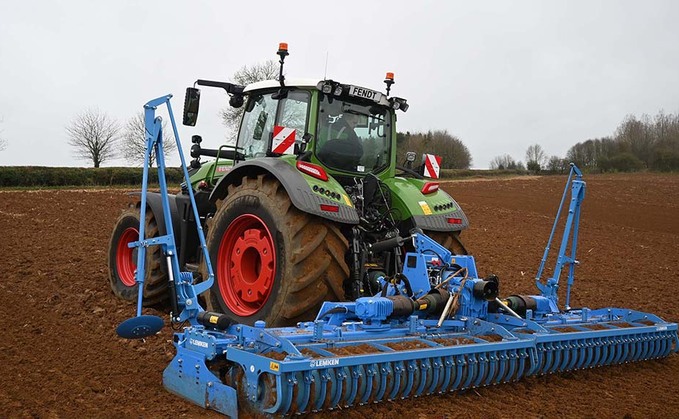
Launched in mid-2022, the Gen7 700 series promises to deliver the proven performance of the existing 700 series range, but with greater power, manoeuvrability and payload. Toby Whatley had a first drive...

Launched in mid-2022, the Gen7 700 series promises to deliver the proven performance of the existing 700 series range, but with greater power, manoeuvrability and payload. Toby Whatley had a first drive...